Main navigation
Iowa's Department of Religious Studies faculty are experts committed to exploring and developing new knowledge about the religions of the world—which is central to its mission as a unit embedded in a major research university.
Students enrolled in our programs benefit from faculty research and are exposed to the latest knowledge in the field—from local and global religious developments to long-standing and novel ethical issues. In addition to new perspectives on religious history, and innovative approaches to the discovery and interpretation of ancient texts.
Some of these important findings are explained in published work. Explore several select faculty publications featured on this page.
Select faculty publications
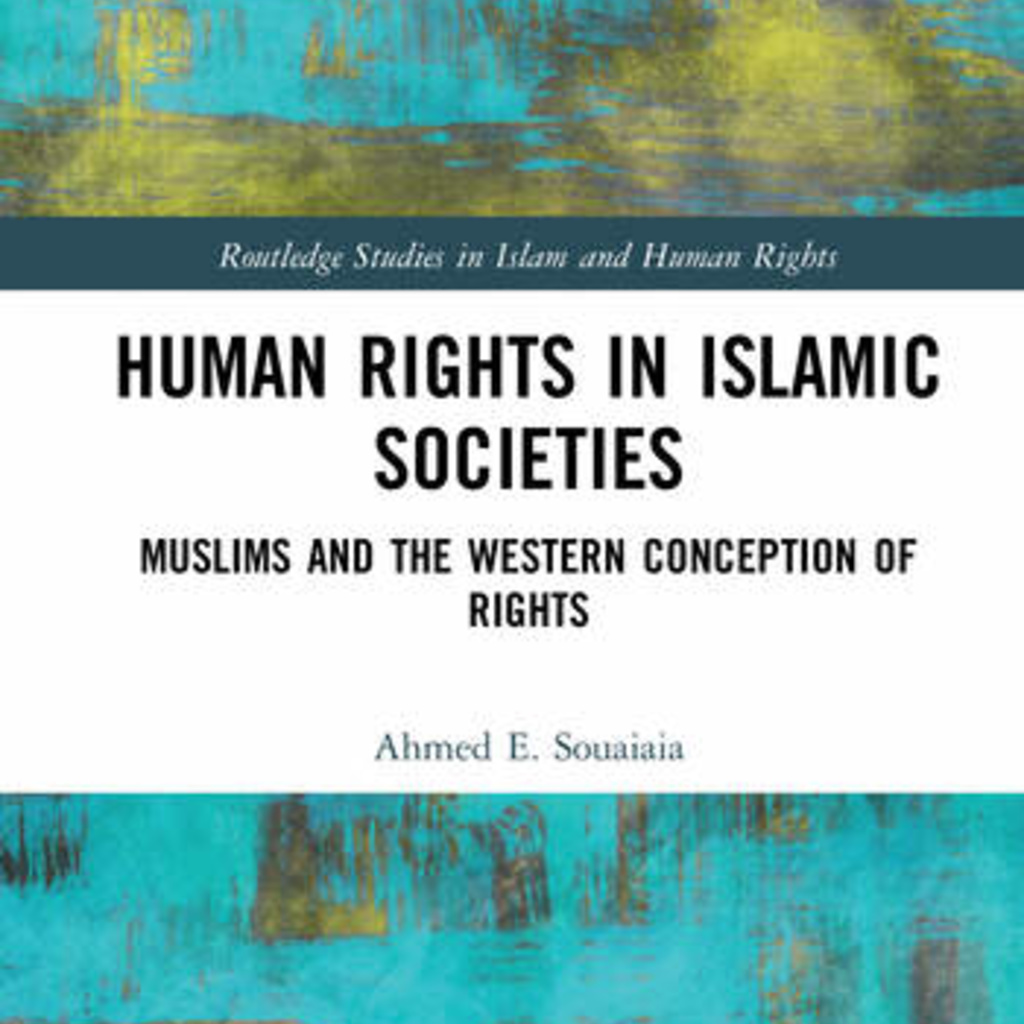
Human Rights in Islamic Societies, Muslims and the Western Conception of Rights
This book compares Islamic and Western ideas of human rights in order to ascertain which human rights, if any, can be considered universal. This is a profound topic with a rich history that is highly relevant within global politics and society today.
The arguments in this book are formed by bringing William Talbott’s Which Rights Should Be Universal? (2005) and Abdulaziz Sachedina’s Islam and the Challenge of Human Rights (2014) into conversation. By bridging the gap between cultural relativists and moral universalists, this book seeks to offer a new model for the understanding of human rights. It contends that human rights abuses are outcomes of complex systems by design and/or by default. Therefore, it proposes that a rigorous systems-thinking approach will contribute to addressing the challenge of human rights.
Engaging with Islamic and Western, historical and contemporary, and relativist and universalist thought, this book is a fresh take on a perennially important issue. As such, it will be a first-rate resource for any scholars working in religious studies, Islamic studies, Middle East studies, ethics, sociology, and law and religion.
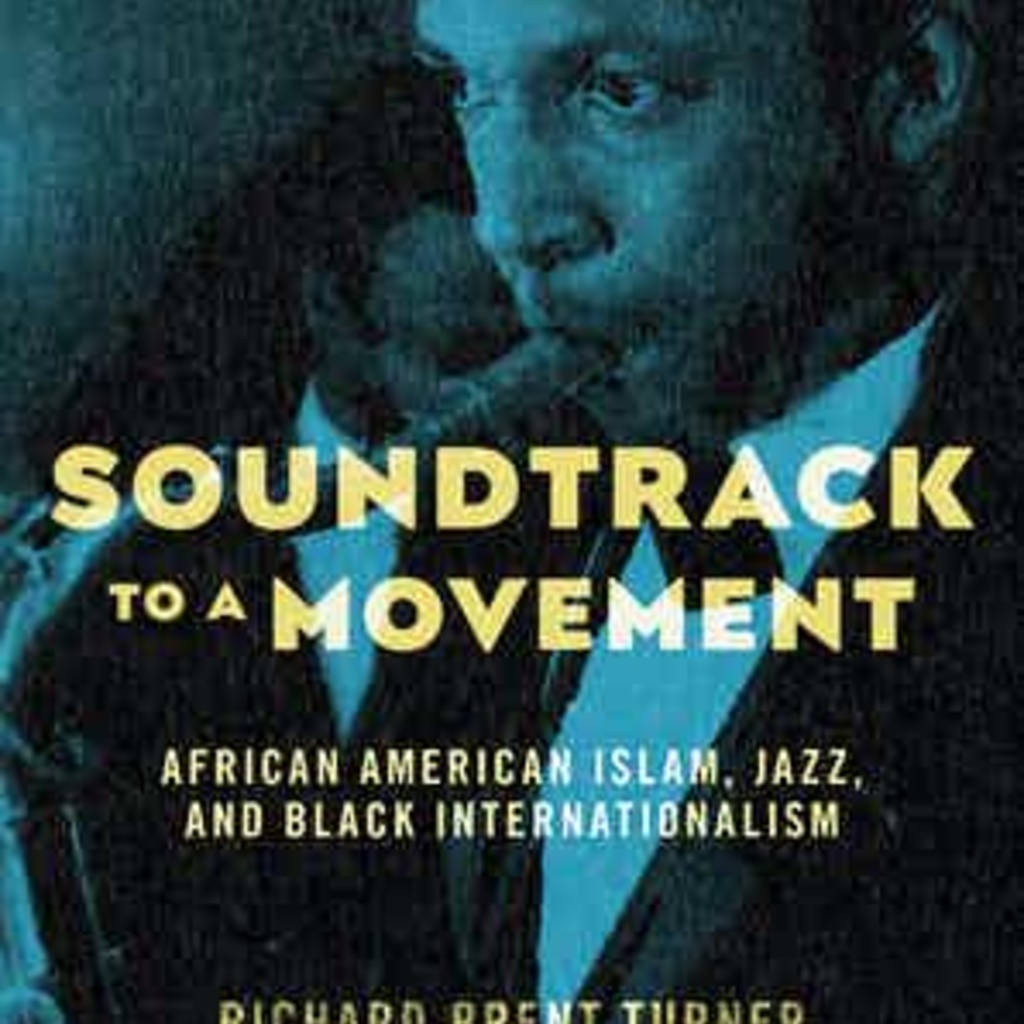
Soundtrack to a Movement: African American Islam, Jazz, and Black Internationalism
Explores how jazz helped propel the rise of African American Islam during the era of global Black liberation. Amid the social change and liberation of the civil rights and Black Power movements, the tenor saxophonist Archie Shepp recorded a tribute to Malcolm X’s emancipatory political consciousness. Shepp saw similarities between his revolutionary hero and John Coltrane, one of the most influential jazz musicians of the era. Later, the esteemed trumpeter Miles Davis echoed Shepp’s sentiment, recognizing that Coltrane’s music represented the very passion, rage, rebellion, and love that Malcolm X preached.
Soundtrack to a Movement examines the link between the revolutionary Black Islam of the post-WWII generation and jazz music. It argues that from the late 1940s and ’50s though the 1970s, Islam rose in prominence among African Americans in part because of the embrace of the religion among jazz musicians. The book demonstrates that the values that Islam and jazz shared—Black affirmation, freedom, and self-determination—were key to the growth of African American Islamic communities, and that it was jazz musicians who led the way in shaping encounters with Islam as they developed a Black Atlantic “cool” that shaped both Black religion and jazz styles.
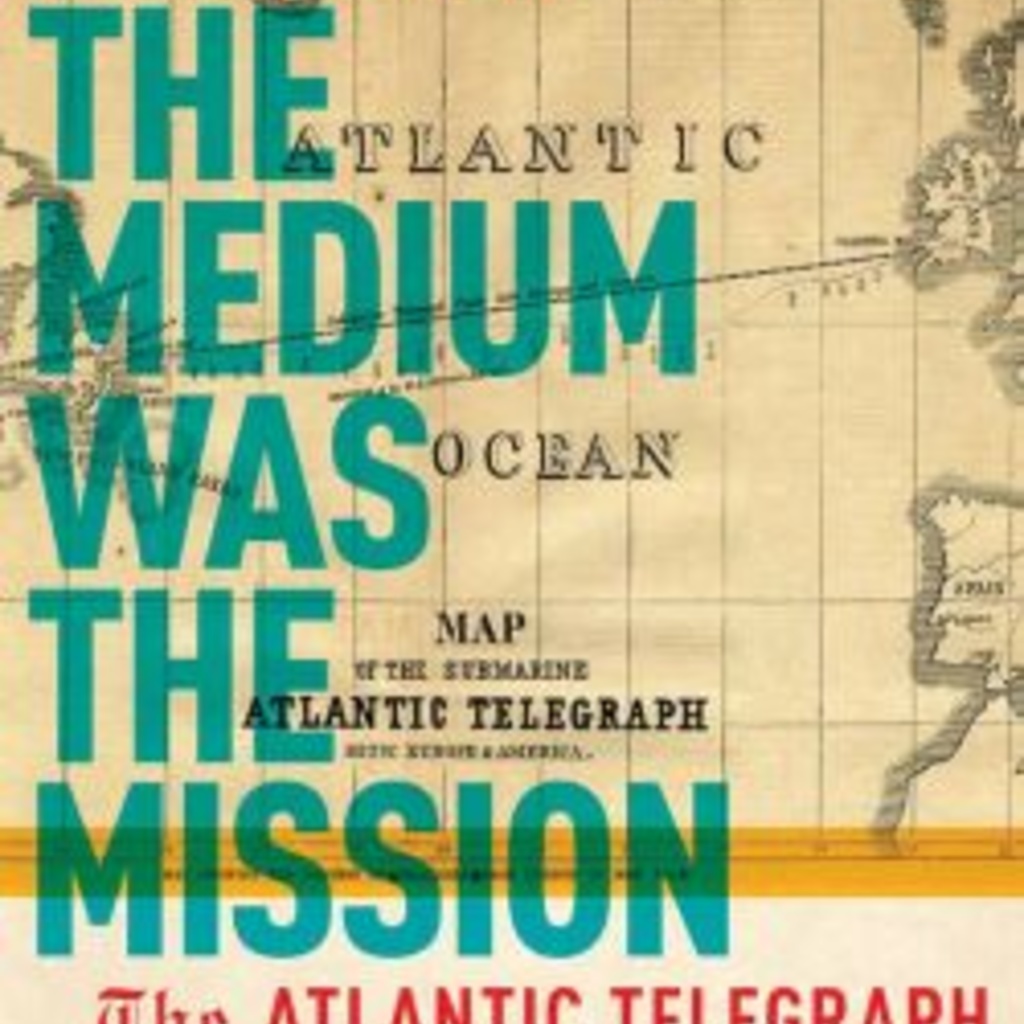
When the Medium Was the Mission, The Atlantic Telegraph and the Religious Origins of Network Culture
An innovative exploration of religion's influence on communication networks
When Samuel Morse sent the words “what hath God wrought” from the U.S. Supreme Court to Baltimore in mere minutes, it was the first public demonstration of words travelling faster than human beings and farther than a line of sight in the U.S. This strange confluence of media, religion, technology, and U.S. nationhood lies at the foundation of global networks.
The advent of a telegraph cable crossing the Atlantic Ocean was viewed much the way the internet is today, to herald a coming world-wide unification. President Buchanan declared that the Atlantic Telegraph would be “an instrument destined by divine providence to diffuse religion, civilization, liberty, and law throughout the world” through which “the nations of Christendom [would] spontaneously unite.” Evangelical Protestantism embraced the new technology as indicating God’s support for their work to Christianize the globe. Public figures in the US imagined this new communication technology in primarily religious terms as offering the means to unite the world and inspire peaceful relations among nations. Religious utopianists saw the telegraph as the dawn of a perfect future.
Religious framing thus dominated the interpretation of the technology’s possibilities, forging an imaginary of networks as connective, so much so that connection is now fundamental to the idea of networks. In reality, however, networks are marked, at core, by disconnection. With lively historical sources and an accessible engagement with critical theory, When the Medium was the Mission tells the story of how connection was made into the fundamental promise of networks, illuminating the power of public Protestantism in the first network imaginaries, which continue to resonate today in false expectations of connection.
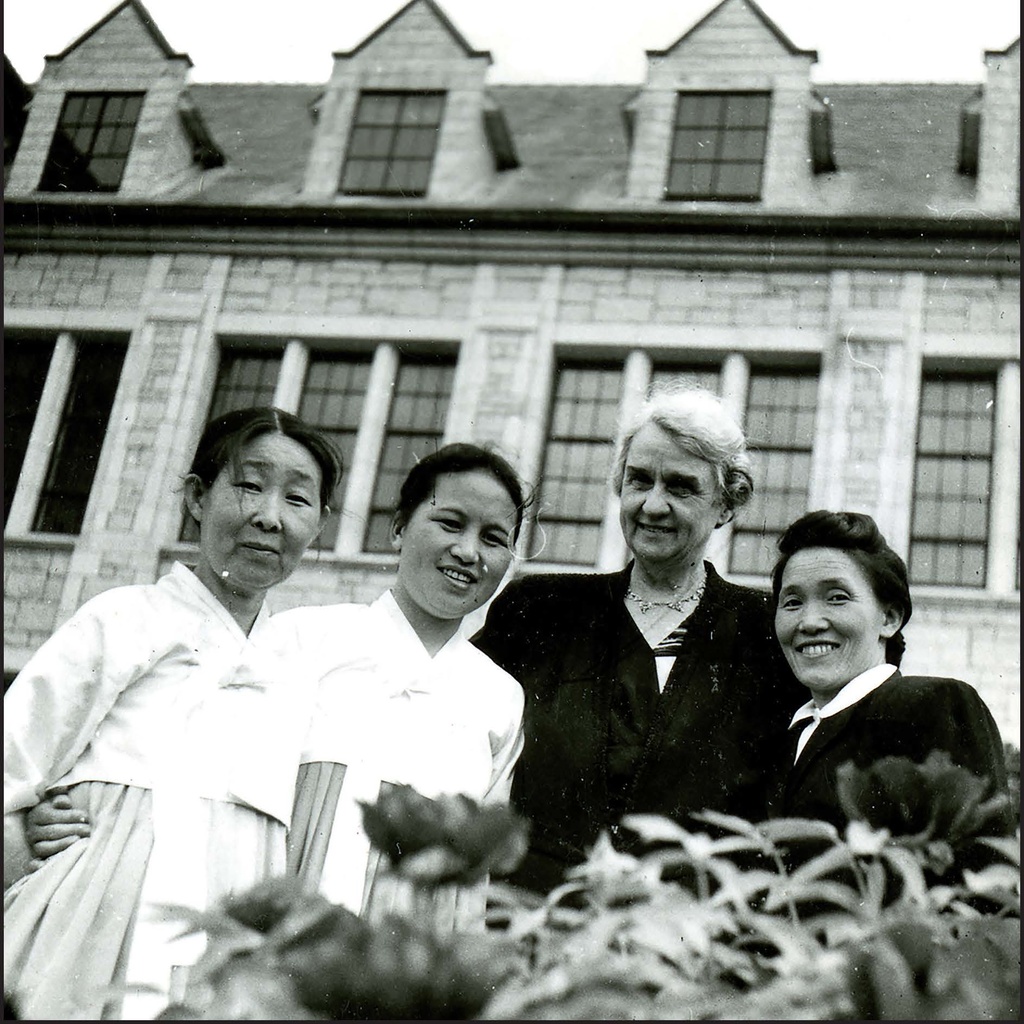
Gender Politics at Home and Abroad
Hyaeweol Choi examines the formation of modern gender relations in Korea from a transnational perspective. Diverging from a conventional understanding of 'secularization' as a defining feature of modernity, Choi argues that Protestant Christianity, introduced to Korea in the late nineteenth century, was crucial in shaping modern gender ideology, reforming domestic practices and claiming new space for women in the public sphere. In Korea, Japanese colonial power–and with it, Japanese representations of modernity–was confronted with the dominant cultural and material power of Europe and the US, which was reflected in Korean attitudes. One of the key agents in conveying ideas of “Western modernity” in Korea was globally connected Christianity, especially U.S.-led Protestant missionary organizations. By placing gender and religion at the center of the analysis, Choi shows that the development of modern gender relations was rooted in the transnational experience of Koreans and not in a simple nexus of the colonizer and the colonized.
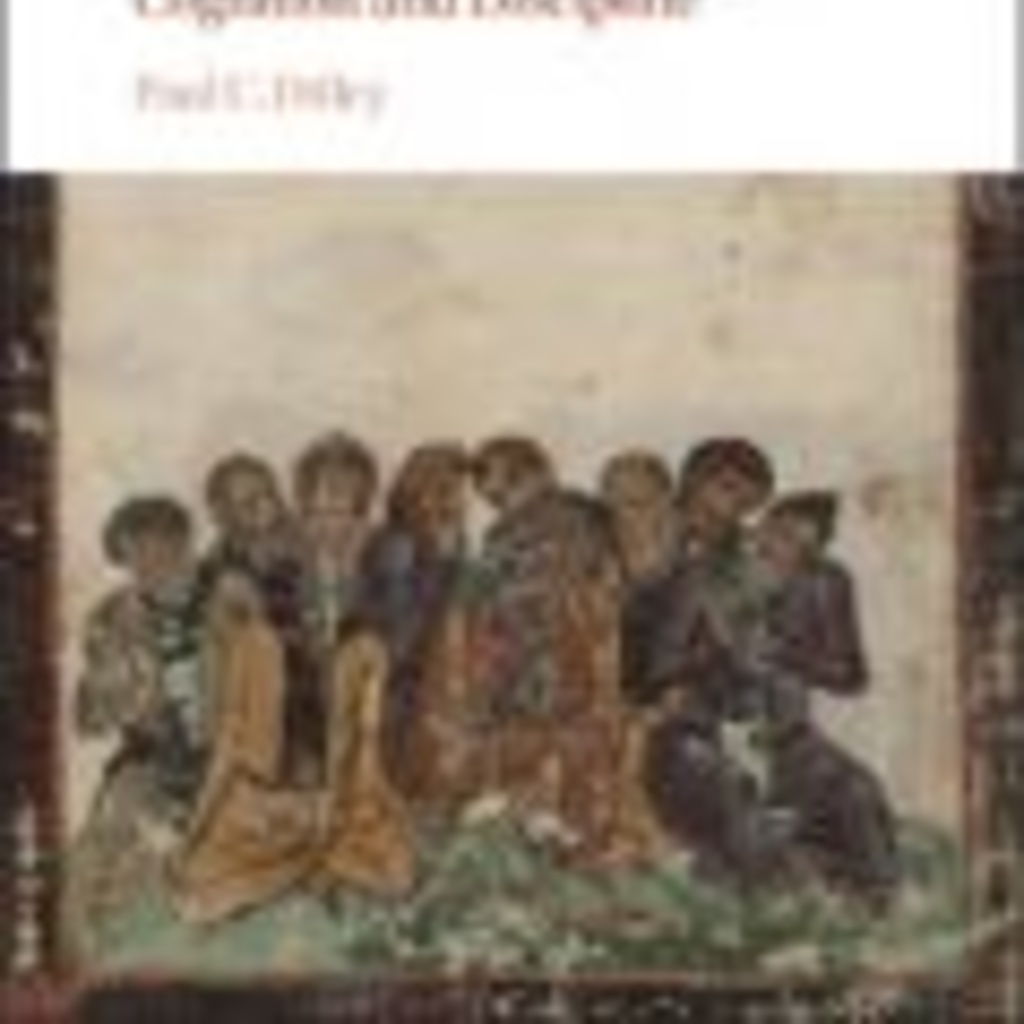
Monasteries and the Care of Souls in Late Antique Christianity: Cognition and Discipline
In Monasteries and the Care of Souls in Late Antique Christianity, Paul C. Dilley explores the personal practices and group rituals through which the thoughts of monastic disciples were monitored and trained to purify the mind and help them achieve salvation. Dilley draws widely on the interdisciplinary field of cognitive studies, especially anthropology, in his analysis of key monastic 'cognitive disciplines', such as meditation on scripture, the fear of God, and prayer. In addition, various rituals distinctive to communal monasticism, including entrance procedures, the commemoration of founders, and collective repentance, are given their first extended analysis. Participants engaged in 'heart-work' on their thoughts and emotions, which were understood to reflect the community's spiritual state. This book will be of interest to scholars of early Christianity and the ancient world more generally for its detailed description of communal monastic culture and its innovative methodology.
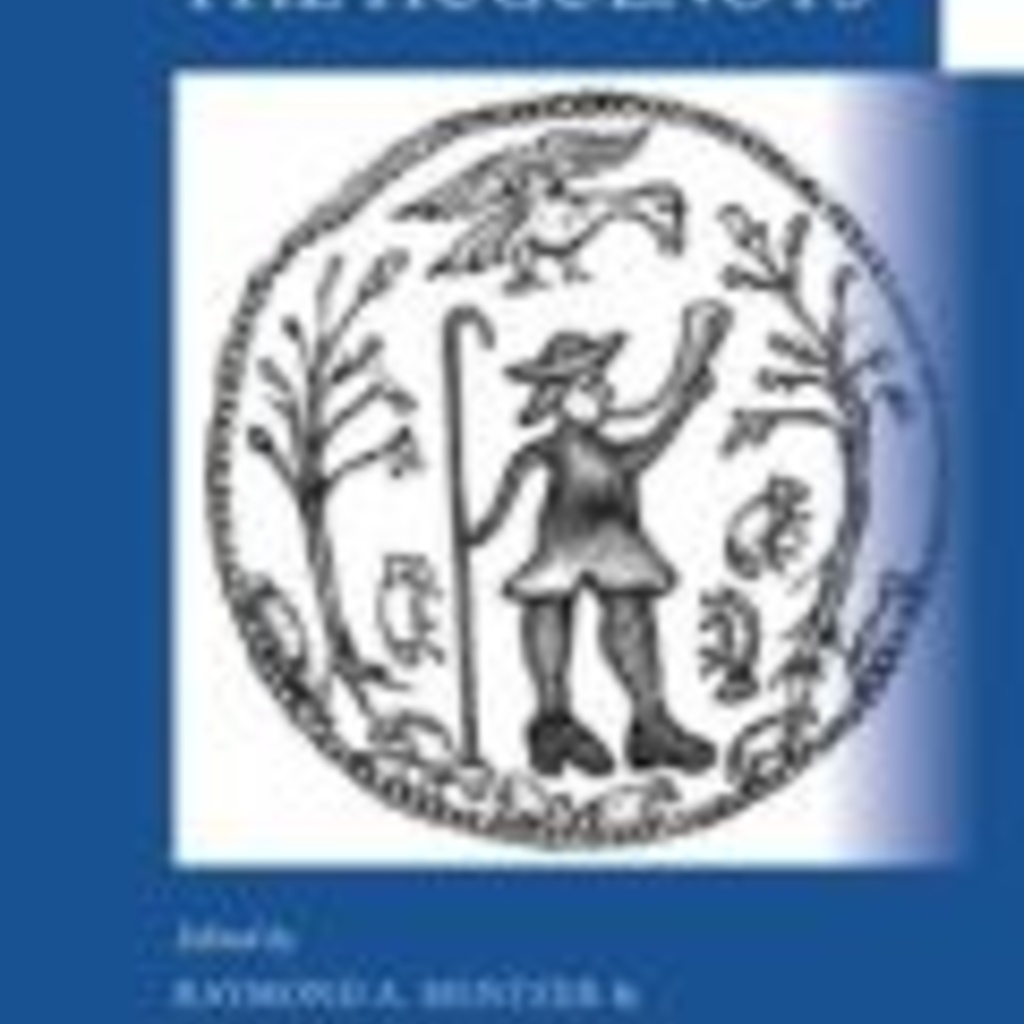
A Companion to the Huguenots
The Huguenots are among the best known of early modern European religious minorities. Their suffering in 16th and 17th-century France is a familiar story. The flight of many Huguenots from the kingdom after 1685 conferred upon them a preeminent place in the accounts of forced religious migrations. Their history has become synonymous with repression and intolerance. At the same time, Huguenot accomplishments in France and the lands to which they fled have long been celebrated. They are distinguished by their theological formulations, political thought, and artistic achievements. This volume offers an encompassing portrait of the Huguenot past, investigates the principal lines of historical development, and suggests the interpretative frameworks that scholars have advanced for appreciating the Huguenot experience.

Anatomy of Dissent in Islamic Societies, Ibadism, Rebellion, and Legitimacy
The 'Arab Spring' that began in 2011 has placed a spotlight on the transfer of political power in Islamic societies, reviving old questions about the place of political dissent and rebellion in Islamic civilization and raising new ones about the place of religion in modern Islamic societies. In Anatomy of Dissent in Islamic Societies, Ahmed E. Souaiaia examines the complex historical evolution of Islamic civilization in an effort to trace the roots of the paradigms and principles of Islamic political and legal theories. This study is one of the first attempts at providing a fuller picture of the place of dissent and rebellion in Islamic civilization by interpreting Sunni and Shi`i records in the context of little-known Ibad?i political and legal materials. As the oldest sect, Ibad?iyyah provides a record of the ways sectarianism and dissent developed and impinged on Islamic society and thought.
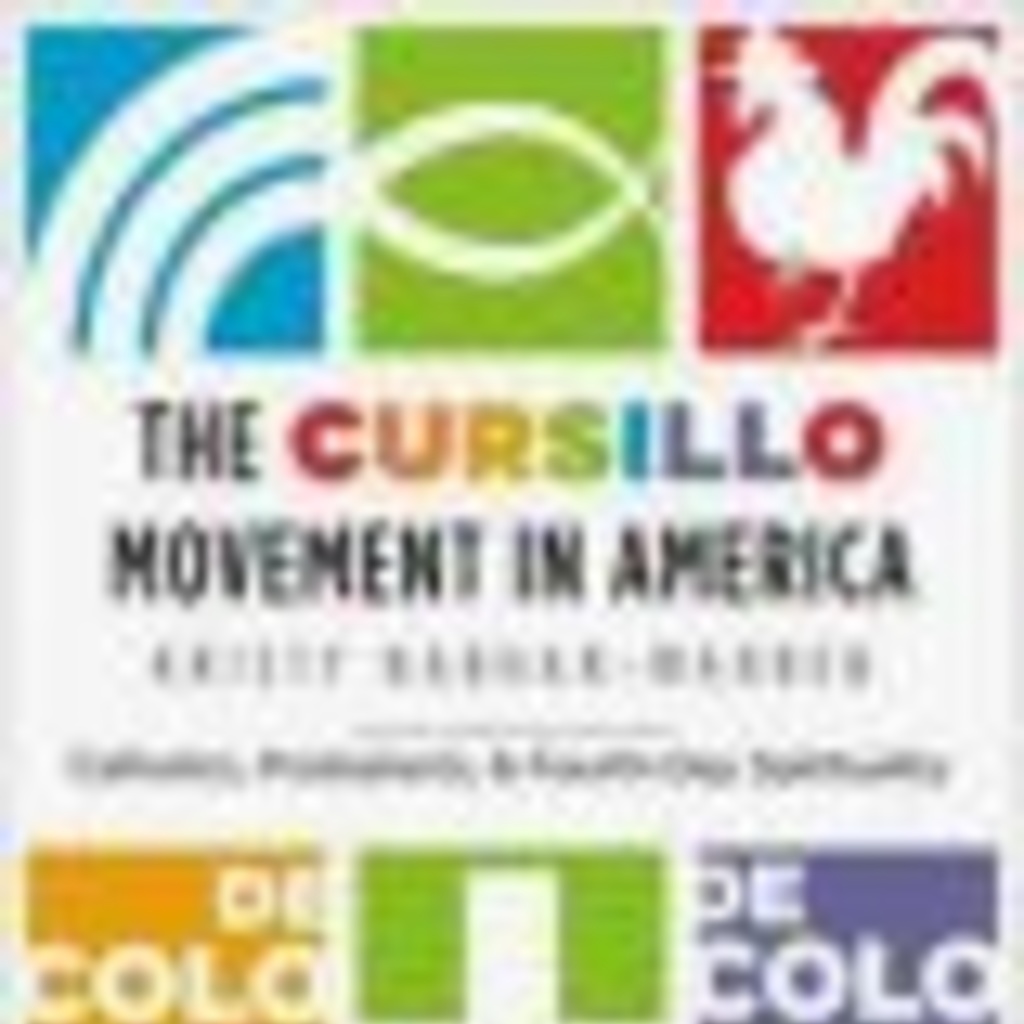
The Cursillo Movement in America: Catholics, Protestants, and Fourth-Day Spirituality
The internationally growing Cursillo movement, or "short course in Christianity," founded in 1944 by Spanish Catholic lay practitioners, has become popular among American Catholics and Protestants alike. This lay-led weekend experience helps participants recommit to and live their faith. Emphasizing how American Christians have privileged the individual religious experience and downplayed denominational and theological differences in favor of a common identity as renewed people of faith, Kristy Nabhan-Warren focuses on cursillistas–those who have completed a Cursillo weekend–to show how their experiences are a touchstone for understanding these trends in post-1960s American Christianity.
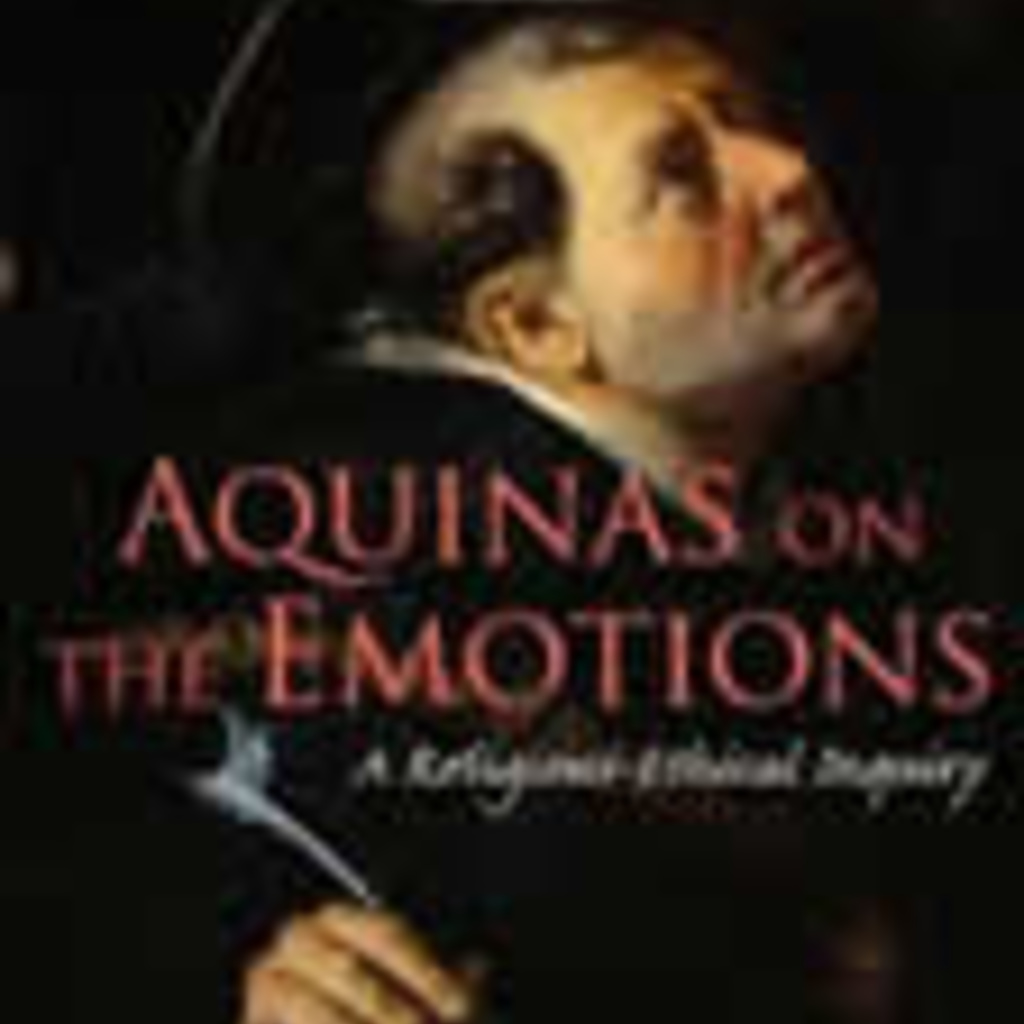
Aquinas on the Emotions: A Religious-Ethical Inquiry
All of us want to be happy and live well. Sometimes intense emotions affect our happiness—and, in turn, our moral lives. Our emotions can have a significant impact on our perceptions of reality, the choices we make, and the ways in which we interact with others. Can we, as moral agents, have an effect on our emotions? Do we have any choice when it comes to our emotions?
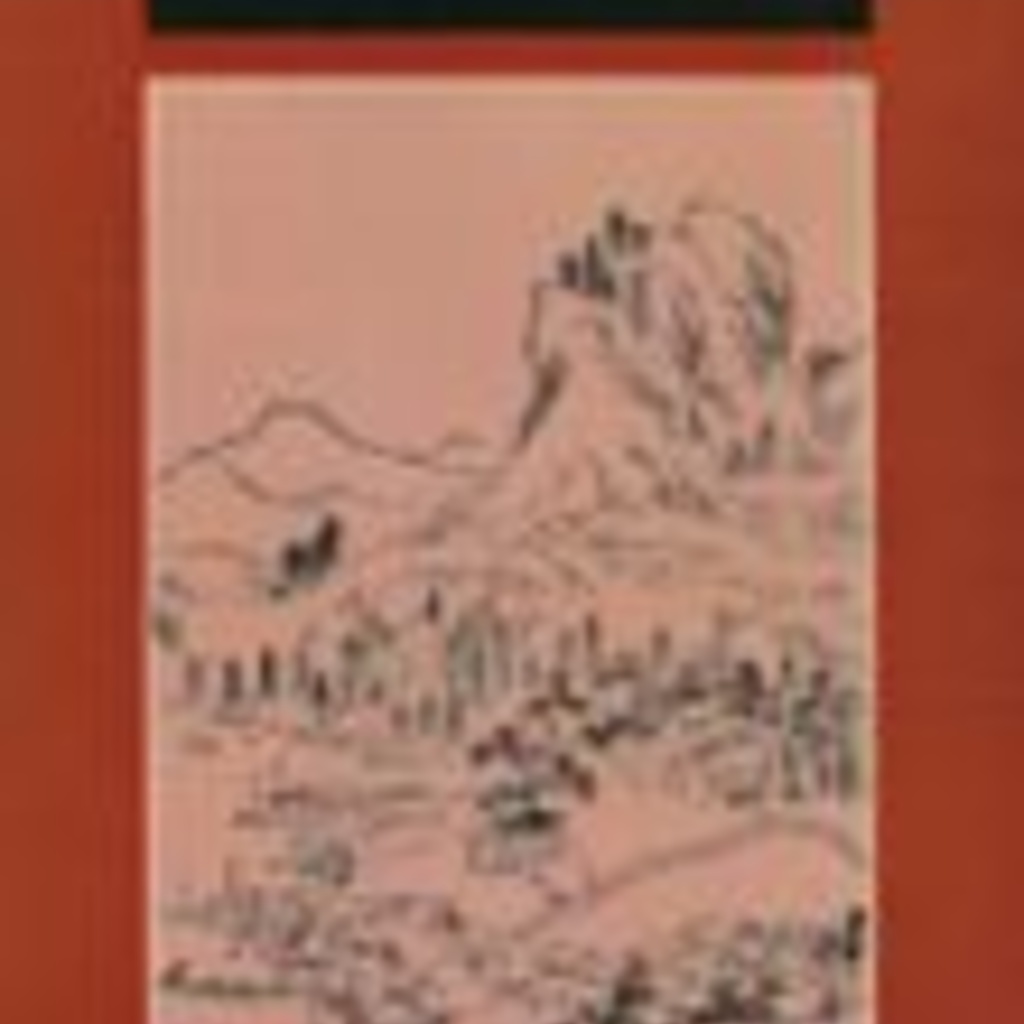
How Zen Became Zen: The Dispute over Enlightenment and the Formation of Chan Buddhism in Song-Dynasty China
How Zen Became Zen takes a novel approach to understanding one of the most crucial developments in Zen Buddhism: the dispute over the nature of enlightenment that erupted within the Chinese Chan (Zen) school in the twelfth century.
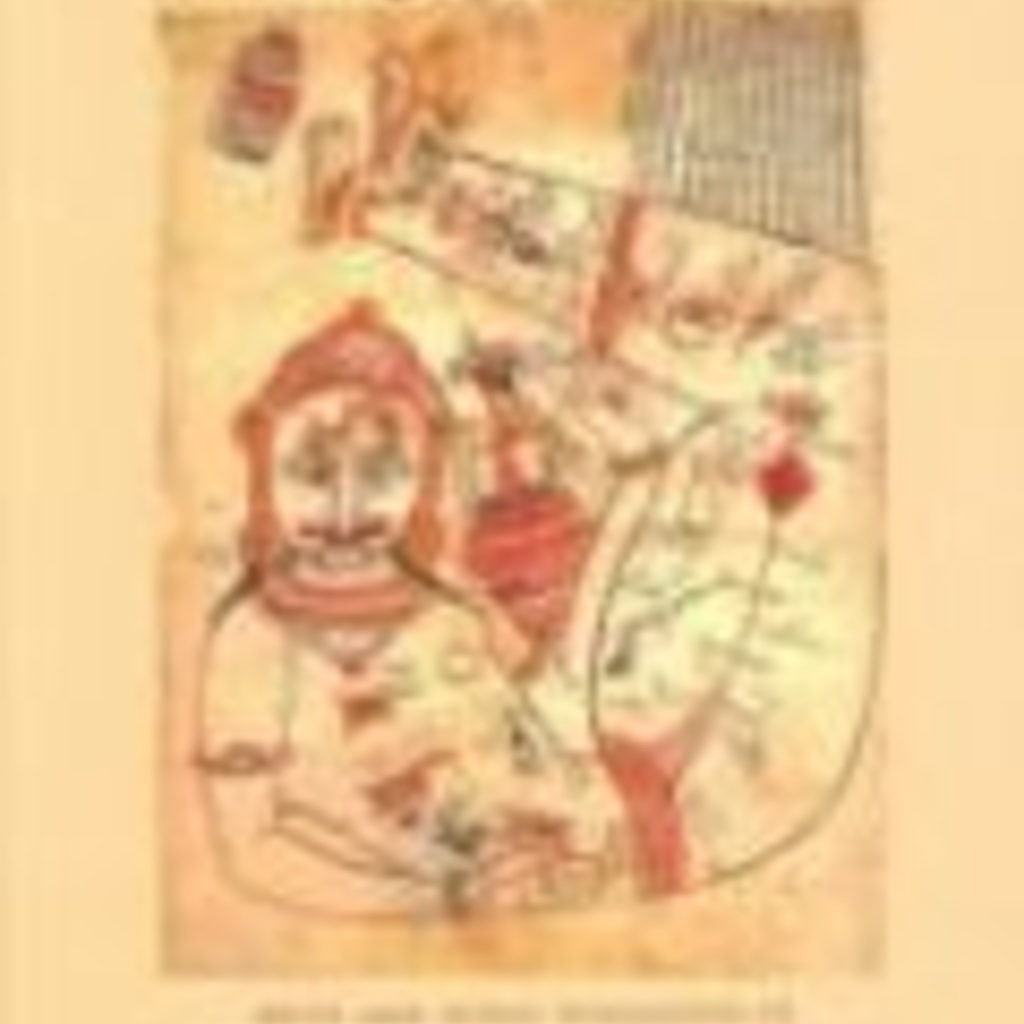
The Self Possessed: Deity and Spirit Possession in South Asian Literature and Civilization
The Self Possessed is a multifaceted, diachronic study reconsidering the very nature of religion in South Asia, the culmination of years of intensive research. Frederick M. Smith proposes that positive oracular or ecstatic possession is the most common form of spiritual expression in India, and that it has been linguistically distinguished from negative, disease-producing possession for thousands of years.
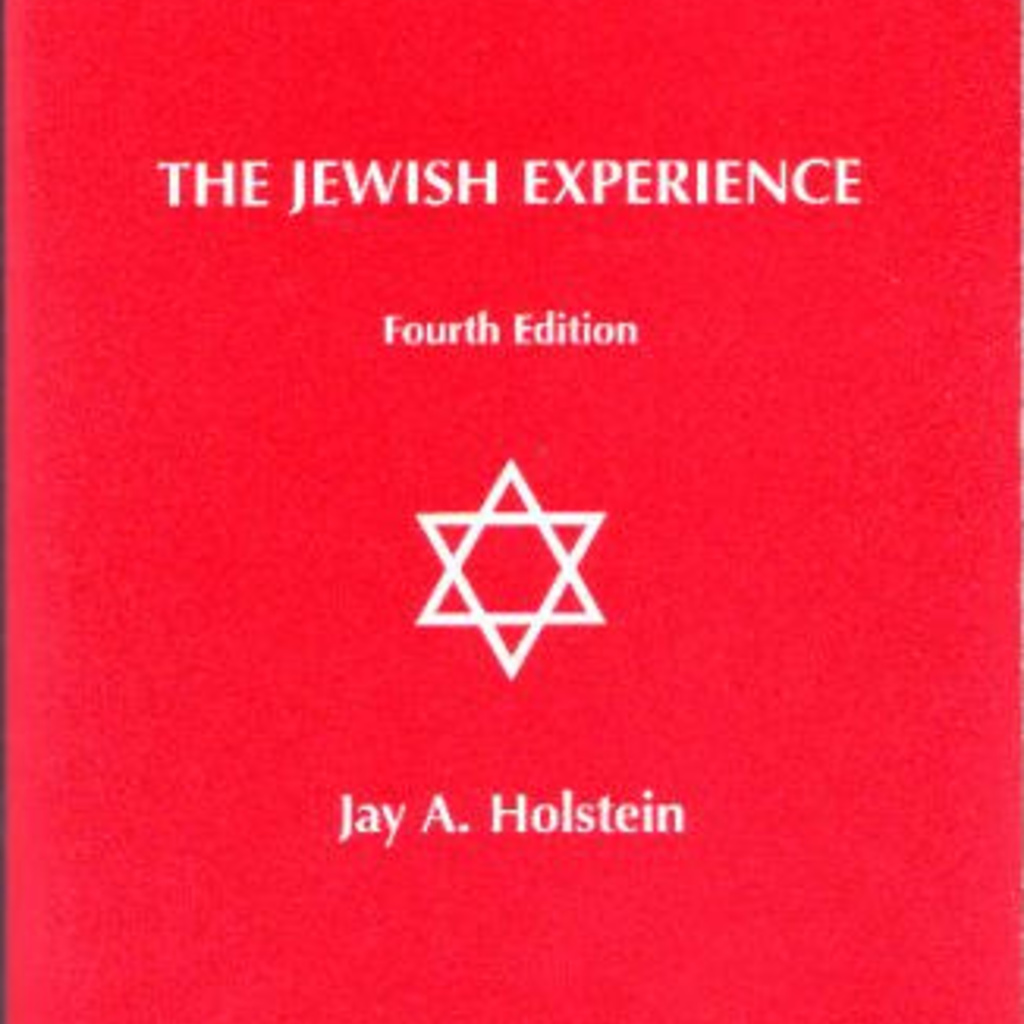
The Jewish Experience (Fourth Edition)
This is a book about the Hebrew Bible. It is the author's intention that this book serve to introduce the reader to both the problems and delights of biblical study. The problems are legion: the Hebrew Bible is an ancient book written in an ancient tongue; it consists of thirty-nine books which appear to differ widely both in form and content; and it is considered by the adherents of three world religions to be sacred literature, which for many implies that it is not to be read as one would read any other book. These and other problems will be discussed in this book with the goal in mind of formulating a method of beginning to read the Hebrew Bible. More than anything else, this book is about how to read the Hebrew Bible.
World-class research
Our faculty bring world-class research into their classrooms, giving students unparalleled opportunity to learn right from the source of the latest innovations in knowledge and practice.